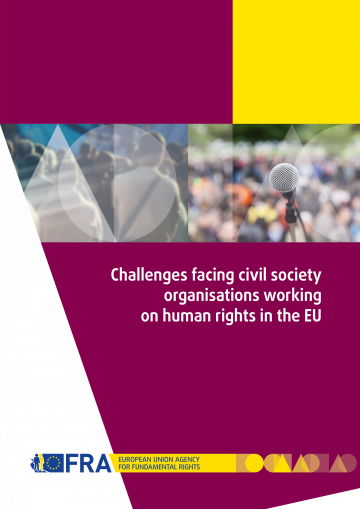Various laws, policies, including international standards, already recommend involving civil society in creating or amending new laws and policies. Member States should therefore respect these provisions. This would also recognise the added value civil society brings to policy making and to the provision of services.
Given the important role civil society plays, there needs to be more channels of dialogue between civil society and the EU and its Member States need to ensure their concerns are addressed. There is also a need to regularly collect comparable and reliable data on the challenges civil society face, such as threats, intimidation and attacks to better understand the environment civil society operate in.
In addition, due care must be paid to ensuring new or redrafted laws and policies do not impede the work of civil society, whether it is intentional or not.
The economic crisis also affected public funding for civil society organisations. The EU institutions and Member States need to provide longer-term, more sustainable, funding opportunities. This could be through multi-annual programmes, direct infrastructure funding of the organisations, rather than their projects. Funding should cover, as appropriate, the variety of activities of CSOs such as service provision, watchdog activities, advocacy, litigation, campaigning, human rights and civic education and awareness raising.
